
Future-Proof Leadership for Malaysia’s STIE Progress
March 19, 2025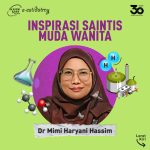
e-estidotmy: Associate Professor Ir Dr Mimi Haryani Hassim for Inspirasi Saintis Muda Wanita
April 22, 2025The International Science Council (ISC) hosted the fourth Global Knowledge Dialogue (GKD) from 26-28 January 2025 in Muscat, Oman. ASM represented Malaysia in the programme. This year’s Dialogue was the first major in-person meeting since the ISC’s establishment in 2018.
The GKD and the 3rd ISC General Assembly occurred from 26 to 31 January 2025.
The GKD highlighted three main themes:
- Science Systems and Science Futures: exploring the evolving landscape of science, including the role of AI, open science, and interdisciplinary research.
- Science and Just Transformations to Sustainability: Examining how science can drive fair and sustainable solutions for environmental and societal challenges.
- Science and society: strengthening trust in science, advancing science diplomacy, and ensuring benefits from scientific advancements.
—
A pre-event workshop was held on 26 January to allow ISC members to share firsthand experiences and lessons learnt supported by real-life examples of successes and challenges in bridging the gap between scientific research and policymaking. Following the sharing session, breakout discussions were held to discuss how integrating these experiences can make ISC’s contribution towards science and policy more comprehensive, impactful, and aligned with the needs of policymakers at the national and global levels.
On this day as well, the ASM President, Academician Datuk Dr Tengku Mohd Azzman Shariffadeen FASc, along with YSN-ASM Chairperson, Associate Professor Ts Dr Nurfadhlina Mohd Sharef, held a highly productive meeting with the Omani Minister of Higher Education, Research, and Innovation, H.E. Professor Dr Rahma Ibrahim Al Mahrouqi. Datuk Dr Tengku Mohd Azzman presented on ASM and its mission, key initiatives and impactful work in advancing STIE. Following this, the President also shared the recent initiative by the Prime Minister to reform the National Science Council, which strives to bridge the current gap in the RDICE ecosystem. In return, Her Excellency Minister shared the Oman government’s initiatives, such as the EJAAD Platform, similar to the open innovation platform recommended in the National RDICE Roadmap.
The engagement garnered a favourable response from Her Excellency, who expressed a strong interest in gaining more insight into ASM’s studies, such as the National RDICE Roadmap and the National Education Reform.
—
27 January 2025
Plenary Session: Rethinking International Science Collaboration in Today’s World
The session stressed the need for interdisciplinary and cross-sectoral collaboration to tackle global issues like climate change and inequality. The session also highlighted the importance of open science, equitable funding—especially for the Global South—and empowering early-career researchers. The session called for technology-driven, inclusive partnerships for sustainable development.
Parallel Session 1: The Changing Context for Science Diplomacy
The following parallel session explored evolving science diplomacy through its three dimensions: informing policy, enabling collaboration, and strengthening international ties. In this session, members emphasised ISC’s role as a neutral platform and noted challenges like geopolitics, misinformation, and digital surveillance.
—
28 January 2025
Plenary Session: Emerging Technologies and the Evolution of Science
Today’s plenary session explored transformative technologies like AI, quantum computing, and synthetic biology, highlighting benefits and ethical challenges. Members emphasised the need for global collaboration, education reform, and a human-centric approach to ensure equitable and responsible innovation.
Parallel Session 2: The Decade of Science for Sustainability: The Post-2030 Agenda
This session focused on the UN Decade of Science for Sustainability (2024–2033) as a bridge between past and future sustainability goals. Members stressed the role of open, inclusive science, integrating traditional Indigenous knowledge, and promoting equitable, interdisciplinary partnerships for lasting impact.
Parallel Session 3: Science Education for Our Future
In this session, 11 recommendations were outlined by the ISC Consultative Group to enhance global science literacy, transdisciplinary learning, mentorship, and digital education. The lack of Inquiry-Based Science Education and the need for better societal communication and trust were also highlighted.
The 11 key recommendations are as follows:
- Develop Global Science Education principles
- Foster transdisciplinary research approaches
- Facilitate mentorship and career development
- Mobilise and provide support to displaced scholars
- Enhance communication with society
- Develop a science education webpage on the ISC website
- Create a Global Science Education Platform
- Organise international workshops and conferences
- Promote problem-based learning
- Support digital technologies in education
- Promote inclusive science education
Plenary Session 4: Beyond Borders: Science, Public Trust & Multilateral Policy
This session addressed science’s role in building trust and bridging divides, underscoring the importance of transparency, integrity, and clear communication to strengthen public confidence in science.
—
Muscat Declaration
The event culminated in the Muscat Declaration on Global Science, a set of actionable commitments advocating for responsible scientific practices to address global challenges.
The Muscat Declaration serves as a call to action for the global scientific community; the declaration reaffirmed the vision of science as a need to bridge disparities in research capacity, education and scientific opportunities across regions. The declaration emphasises the critical role of science in tackling pressing global challenges, such as inequality, climate change, and technological disruption while advocating for the free, ethical and inclusive practice of science.
By promoting international collaboration, capacity-building, and the reform of science systems, the Muscat Declaration sets a transformative agenda to strengthen the voice of science, empower underrepresented groups, and ensure that scientific advancements contribute to peace, sustainability and social justice worldwide.
—
The ASM President also had the privilege of engaging with leaders from other scientific entities, such as IIASA and the National Academy of Sciences Belarus. During the meeting, the ASM President introduced ASM’s initiatives and explored potential collaborations, particularly the Malaysia Science Endowment (MSE).
Following two days of insightful discussions at GKD, the ISC Third General Assembly (GA) 2025 commenced on 29-30 January 2025. This assembly marked a historic milestone as the first in-person General Assembly since ISC’s establishment in 2018. Over two days, the event featured a diverse programme, including the ISC Members Fora, side events, and the General Assembly.
ISC Member Fora (Category 2) – 28 January 2025
This session provided a dedicated platform for Category 2 ISC members to share their experiences and best practices in leveraging the role of science academies in science diplomacy. Panellists and participants highlighted the unique contributions of their respective academies in bridging science and policy, fostering collaboration with policymakers, and addressing global challenges through an evidence-based approach.
Open Programme – Managing Knowledge for Impact, Equity and Sustainability
This session showcased perspectives from the Middle East and North Africa (MENA) region, emphasising key challenges and opportunities in advancing impact, equity, and sustainability through scientific knowledge management. Participants explored the role of libraries and knowledge-sharing platforms in tackling regional and global issues, including expanding access to scientific information, promoting open science, and ensuring marginalised communities benefit from scientific advancements. However, discussions primarily centred on the impact of open science publications, such as scientific articles, rather than managing and sharing raw research data.
Conclusion and Way Forward
The ISC Global Knowledge Dialogue (GKD) and General Assembly (GA) provided a crucial platform for ASM to contribute to global scientific discourse, strengthen international networks and explore collaborative opportunities. ASM’s active participation highlighted its relevance in the global scientific community, as evidenced by interest from counterparts such as the Indonesian Young Academy of Sciences (ALMI) for a sharing session on the Malaysia Open Science Platform (MOSP), as well as an invitation from the International Union of Biological Sciences (IUBS) to join as a member. These engagements underscore the importance of ASM’s participation and presence at the global level.


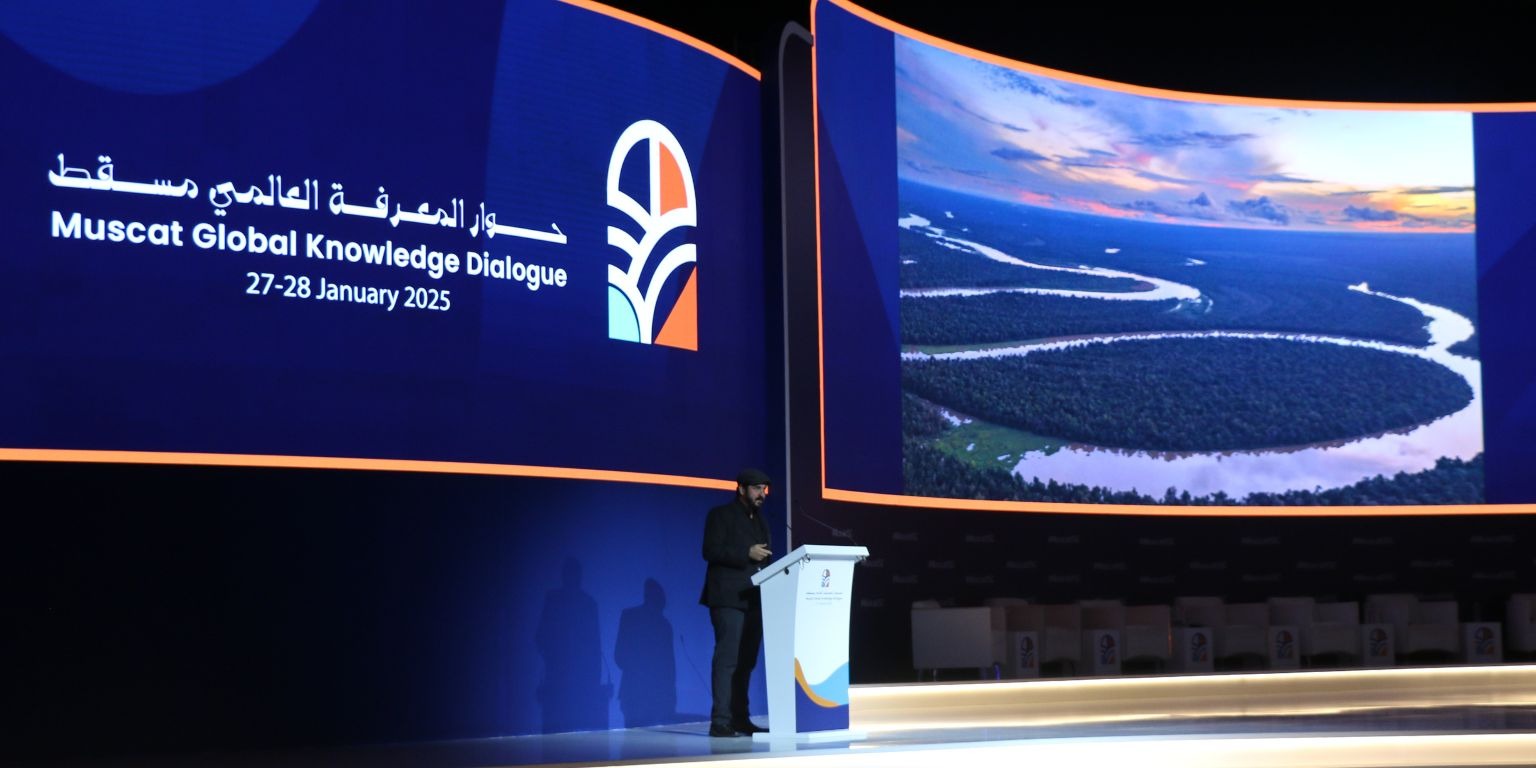
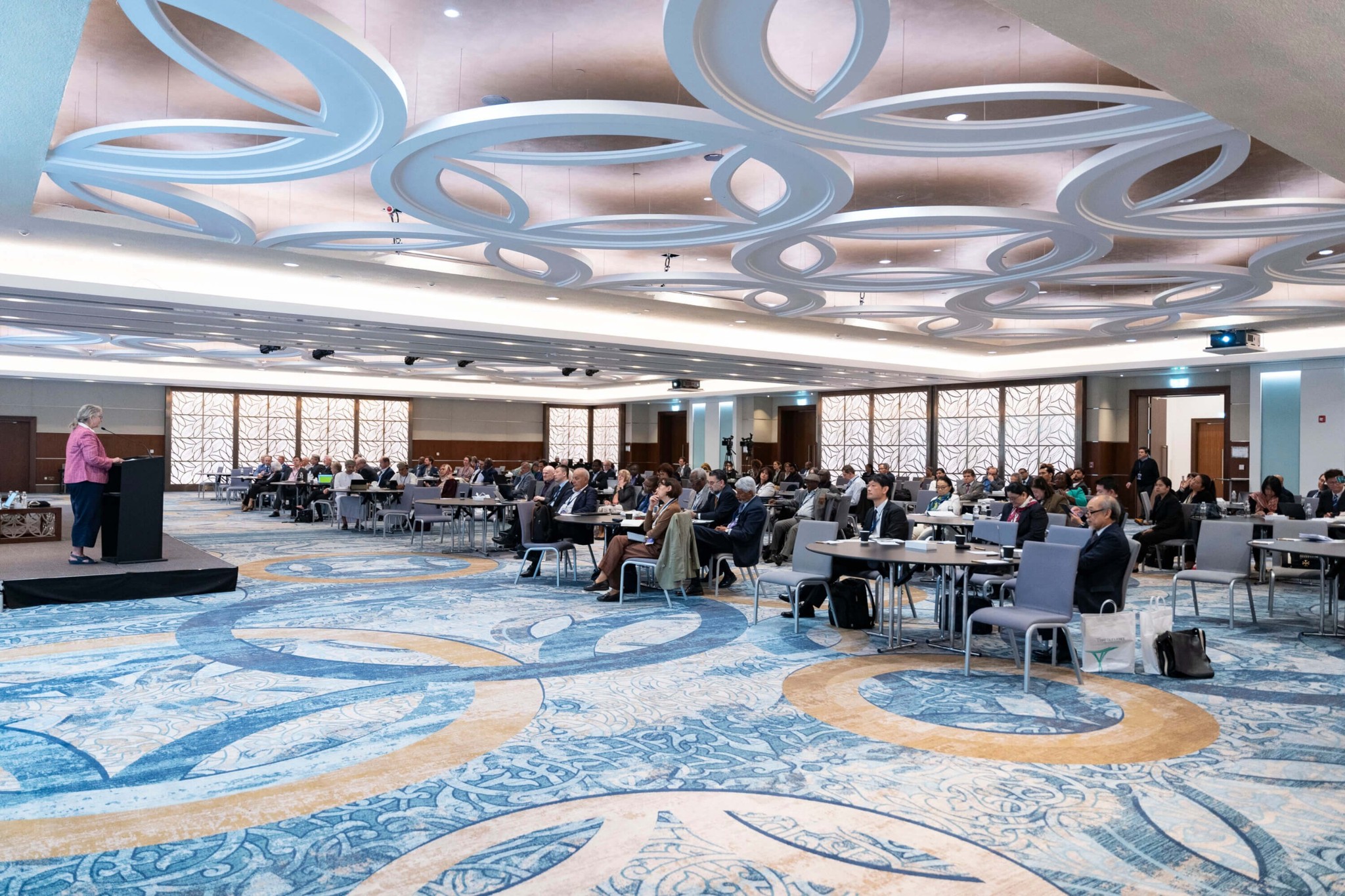
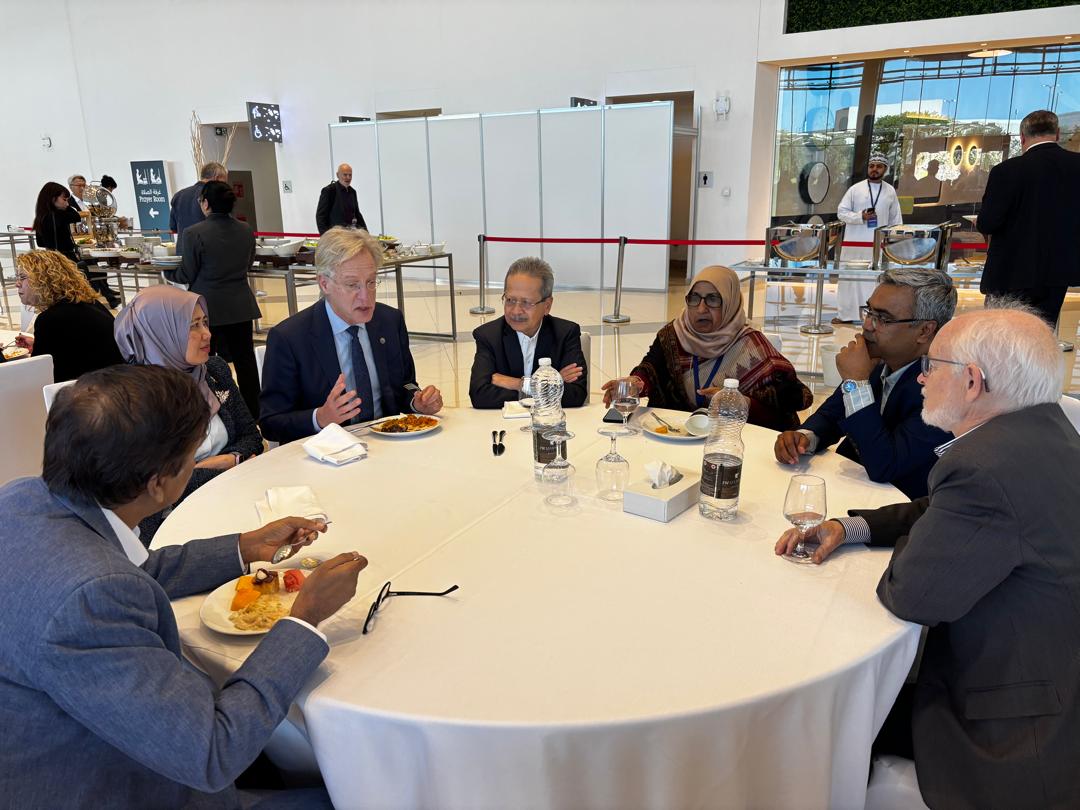
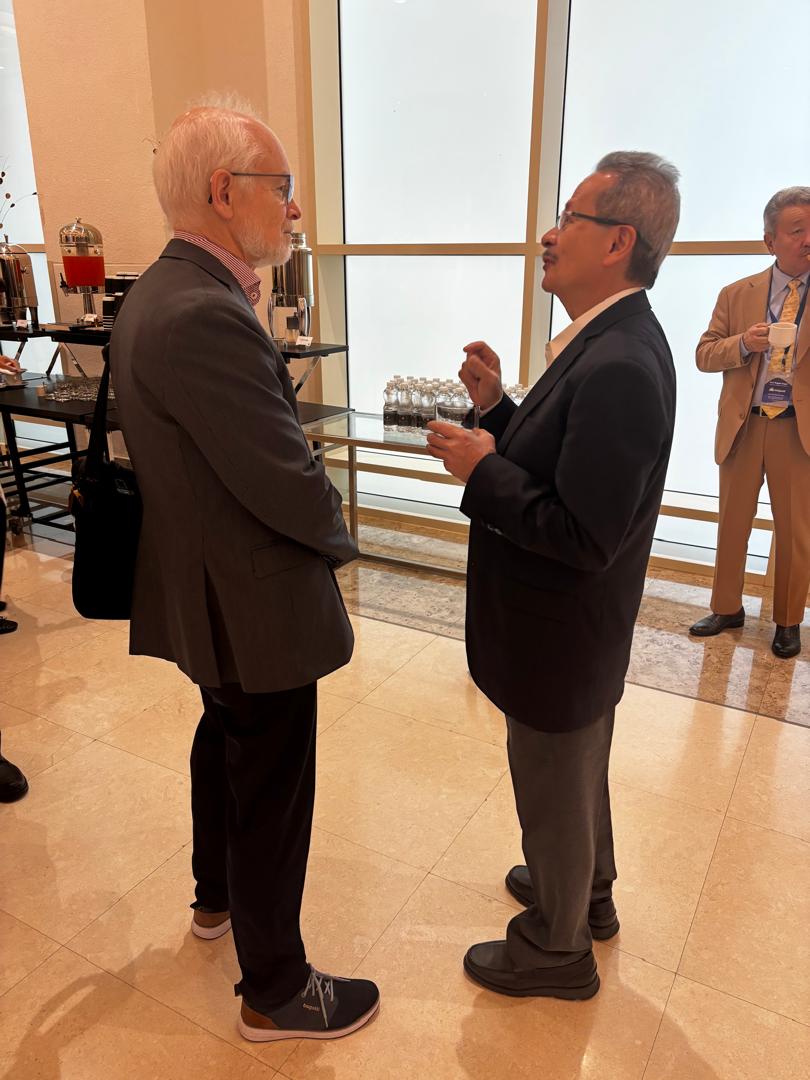
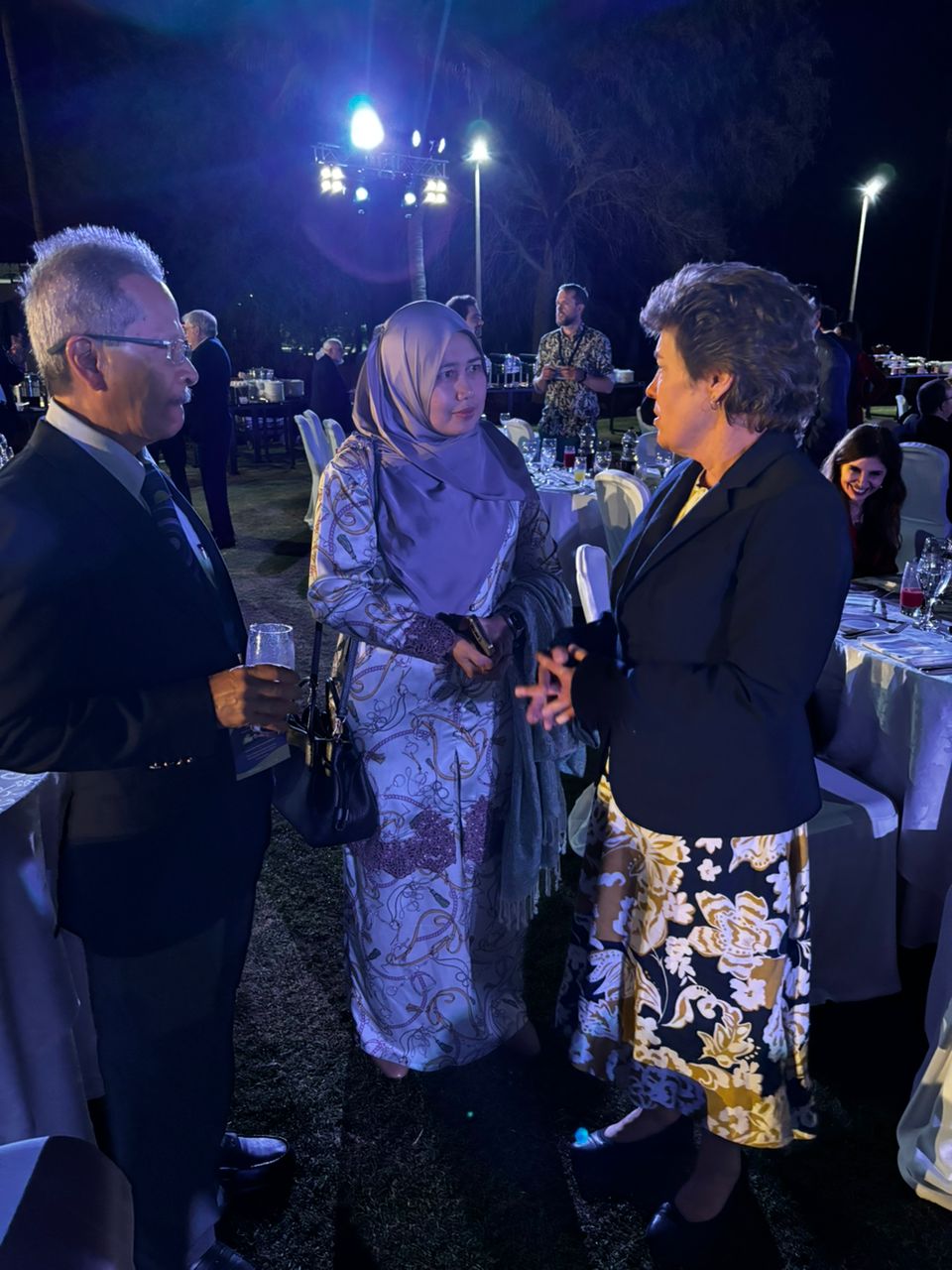
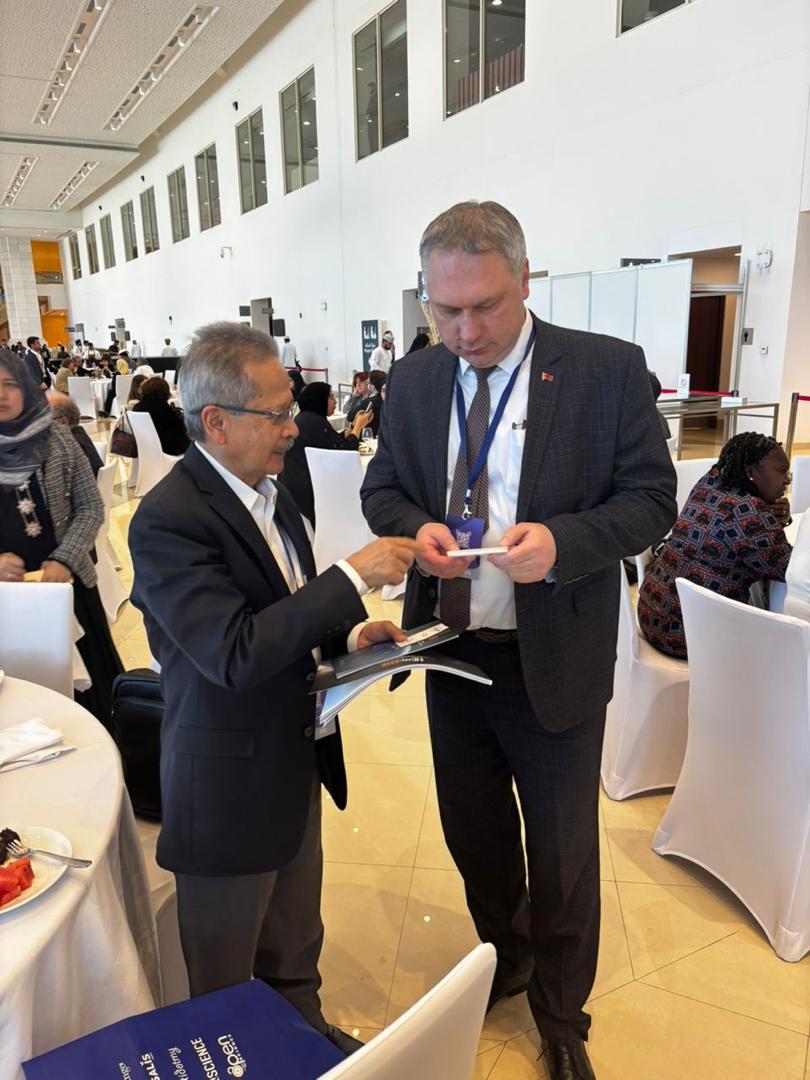
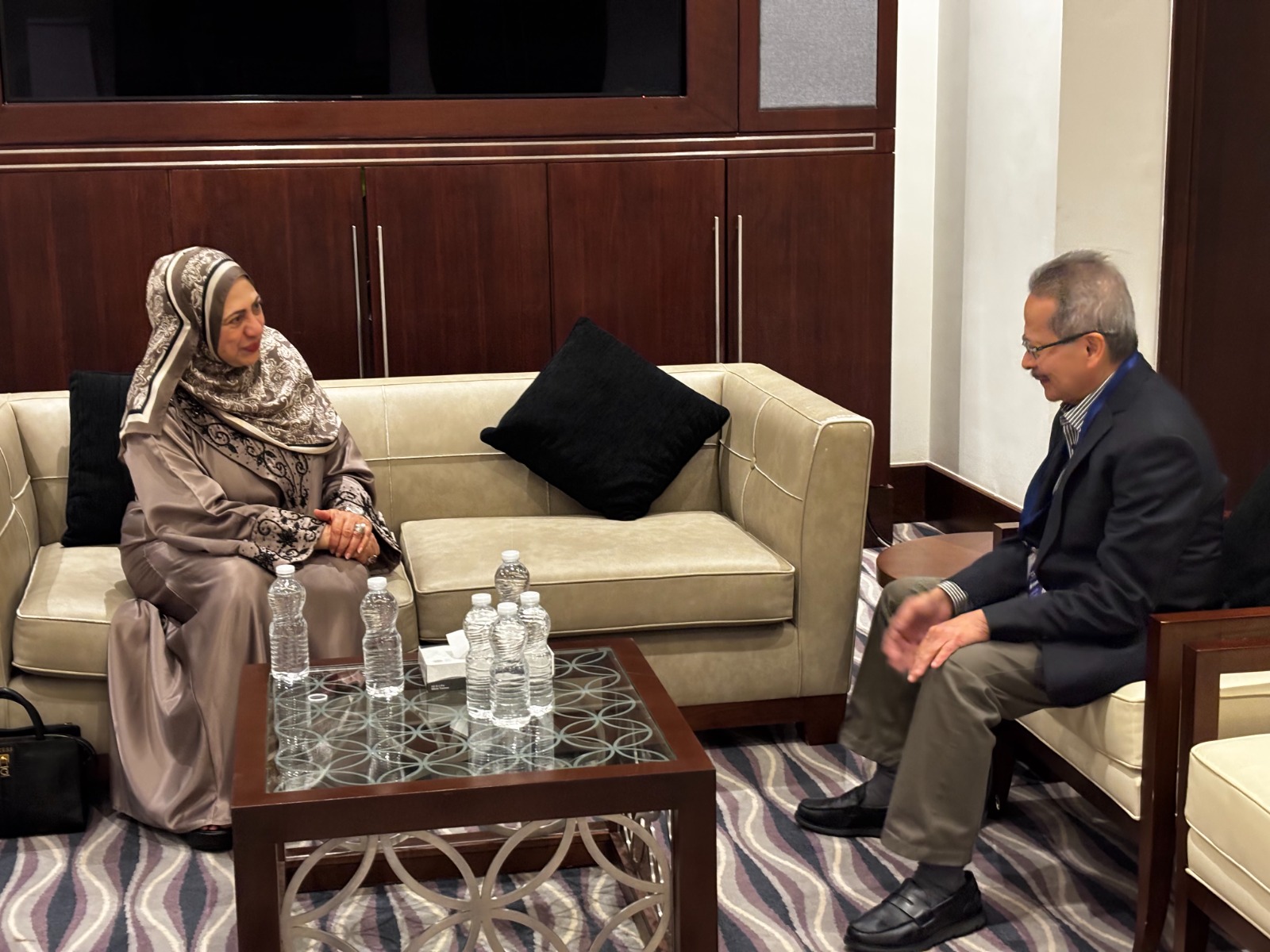
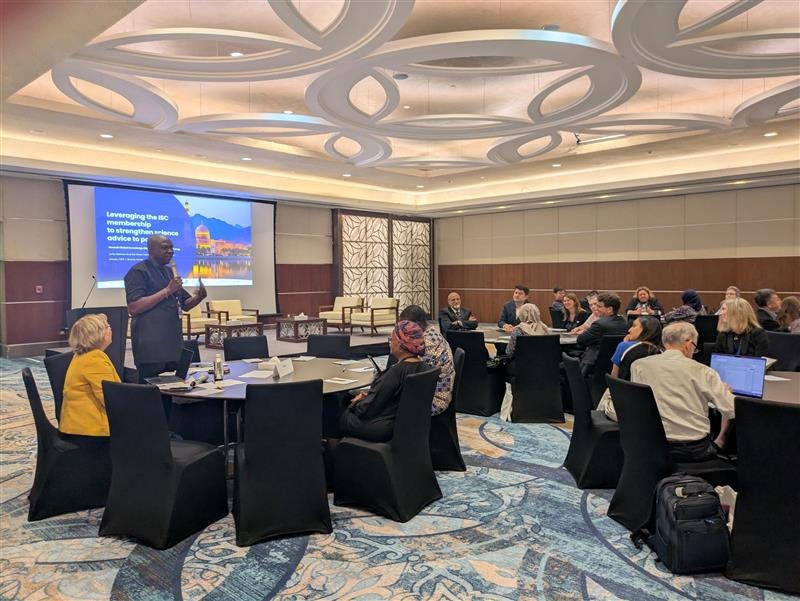
 w
w